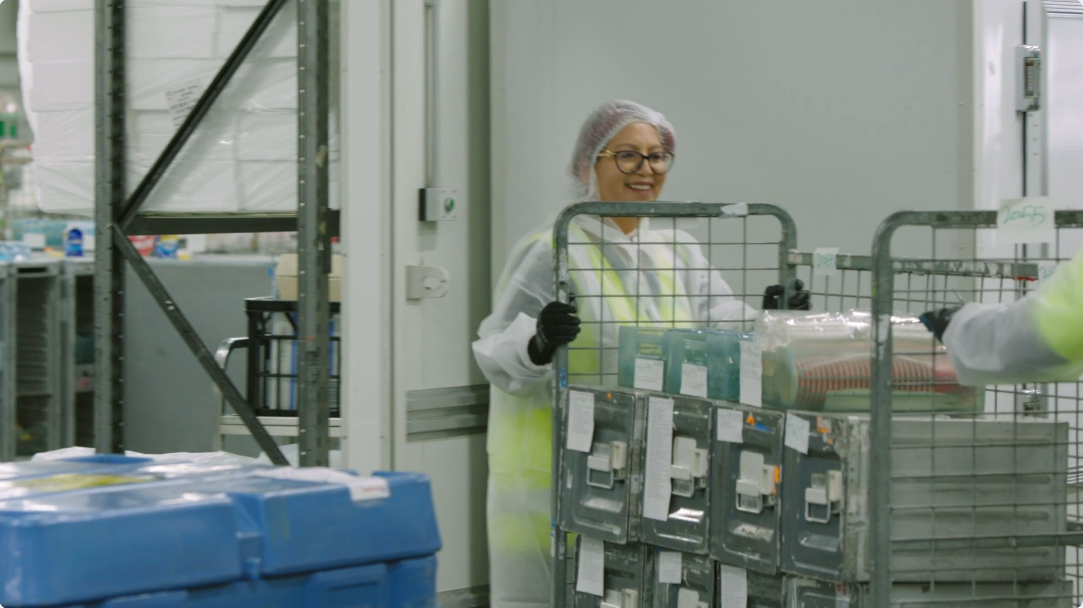There are a number of significant transitions that most of us traverse during adulthood; commencing a career, starting a relationship, moving jobs. If all goes well, most of us look forward to eventually transitioning back out of the workforce, and into retirement.
The question is, how much have you really thought about your retirement? Does it seem too far away to contemplate or are you delighting in active preparation for partial or complete retirement? How old will you be? How much money will you need to keep living the lifestyle you enjoy? What will you do? Will it be a gradual process or a clear shift from work to “what’s next”?
Some people feel well prepared – financially, socially and psychologically. Others plan a gradual transition, with a stepwise approach via part time work or even volunteering.
So, what determines when we step back from the workforce?
Over 90% of people actively intend to retire from work at some stage but around 1 in 4 have no clear plan for what age they will be when it happens.
Unfortunately, Australian research suggests that only one third of retirees felt comfortable with the eventual timing of their retirement. The remaining two thirds stopped working in response to an event, circumstance or other ‘trigger’. These included work-related or personal triggers.
Planning is important
Like all big changes in life, we are more likely to come through in good shape when we have had a chance to plan. Effective career transition to retirement programs can help you prepare for the changes associated with retirement, whether it’s exactly according to your planned timeframe or accelerated by changed circumstances, such as changes in your personal, health or work situation.
Retirement career planning is not just about financial readiness, but also an opportunity to evaluate and plan a rewarding and meaningful life after work.
How can we help?
Chandler Macleod People Insights (CMPI) has a career transition to retirement program which offers:
- Practical support to identify and overcome obstacles
- Emotional support to reduce anxiety about change
- Useful planning strategies to make a successful and comfortable transition.
One-to-one coaching sessions focus on:
- Evaluating readiness for retirement
- Alternative career planning – second careers, entrepreneurial work, consulting, part-time work and volunteer work
- Managing changes to relationships (including spouse, children and friends) and self-image
- Managing the transition to retirement
- Use of time – rebalancing household, leisure and work-related activities
- Financial planning.
CMPI consultants can work with you to develop a transition plan that aligns with your individual needs, goals and priorities for the future.
For more information, contact us on 1300 664 305 or email CMPIenquiries@chandlermacleod.com
For organisations, transition to retirement support can be offered as a standalone service to assist older employees wanting to transition from full-time employment, or as an alternative to outplacement services in the event of redundancy or job loss.
Reference:
WORK, CARE, HEALTH AND RETIREMENT: AGEING AGENDERS PROJECT 2017 DOI













